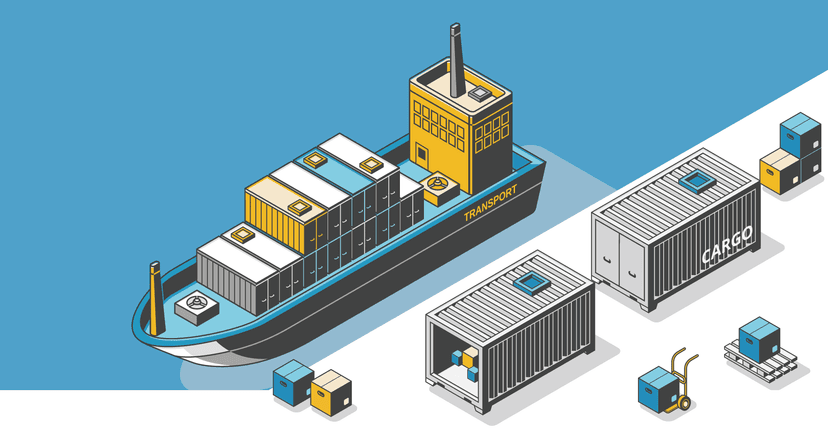
FCL Shipping Explained: Costs, Benefits, and Best Practices (2025)
FCL shipping (Full Container Load) involves hiring an entire shipping container exclusively for your cargo, offering faster transit times an...
Looking to build a relationship with your consignee? Read more about these key communication factors to build a strong relationship between a consignee and consignor.

The consignee plays an important role in any shipping business or exporter. Here’s how you can build the trust of international consignees to ensure a continued and uninterrupted loyal service throughout the whole process of delivery of goods.
Delivery of any shipment includes several participants. When a shipping consignment order is placed, the delivery is undertaken between a consignor and consignee via a delivery service.
Here, the consignee is the entity who is financially responsible for the shipment delivery. In certain cases, the receiver of the goods may or may not be the same person. The individual may or may not also be considered as the owner of the goods delivered. At times, the consignee may also function as an agent that received goods from the consignor.
However, no matter the role, the ownership of the goods is transferred only when the consignee has paid for goods delivered. If the goods are not sold, he or she will be held responsible for the inventory holding costs. At the same time, the consignee may also have to face the challenges of managing inventory related to the consignment, especially if multiple goods are assigned.
The consignee plays an important role within the shipment delivery process. A consignor, or any other participant interacting with the consignee, would want to ensure that the relationship between them and the consignee is built on complete trust.
Here are some of the key factors you need to communicate if you want to build a relationship of trust between your consignee:
Settle on the responsibility of Incoterms: Incoterms are a set of terms and conditions, which define the responsibility of the delivery of goods. Shippers normally use Incoterms as a means to spell out who’s responsible for the shipping, insurance and tariffs and other charges on an item. As a consignor communicating with a consignee in terms of delivery of goods, incoterms greatly reduce misunderstandings and minimise trade disputes and litigations, and thus goes a long way to provide excellent customer service between the two parties.
Protection of goods through insurance: As a consignor, you will want to protect your goods. You would also not want your consignee to be caught off guard, in the event they have to pay for damaged goods, especially not owned by them. The best solution, in this case, is to inform your consignee to maintain a certain insurance coverage when the imported goods are under their responsibility. In doing so, your consignee will be well protected financially in the event that the goods are damaged during shipment.
Duty of storage: Until the goods are delivered and sold, the responsibility of the storage lays in the hands of the consignee. Any damage to the goods in this duration will result in loss of funds for the consignor and consignee. In this case, you can convince your consignee to agree to a certain duty of storage care, ensuring the goods are handled and stored properly, thus protecting both parties financial interests.

Buy out and stock rotation: It is the responsibility of the consignee to sell off the goods. Any delay in goods sold would result in a financial loss for the consignor, and loss of commission or even profit for the consignee. To protect the interest of both parties, it is best to set a time limit on the amount of time the consignee needs to sell its goods. If the time limit is not met, the consignee can either return the goods or purchase the goods for themselves, thus minimising financial loss.
In any business, both local or even international, building a steady relationship between a consignor and a consignee is crucial for the growth and development of a business. The above-mentioned factors will go a long way to ensure that your business not only grows but also builds a better future. Sign up with Cogoport today to get the best service now!